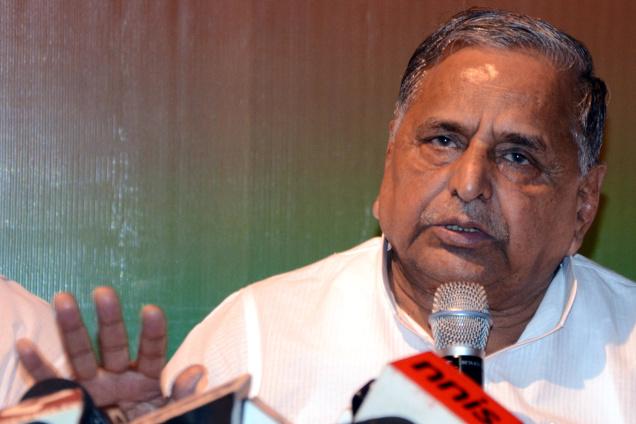
New Delhi, September 19: Samajwadi Party chief Mulayam Singh on Wednesday said his party would decide on its strategy on Thursday in the wake of Trinamool Congress withdrawing its support to the UPA government.
“On Thursday, there is a meeting of the Samajwadi Party’s Parliamentary Board. We will take a decision there,” Mr. Mulayam said while speaking to reporters outside his residence in New Delhi.
The SP chief made clear that his party would go ahead with its plans to hold demonstrations to oppose the decisions taken by the government.
“There will be opposition in Uttar Pradesh and the entire country. The demonstrations in support of people’s issue will happen,” he said.
Mr. Mulayam also criticised the Government, saying its policies had added to the burden of the common man.
“We want that wisdom should dawn upon the government. What have you (the government) given to the people apart from inflation and corruption. There is so much burden on the common man, so much burden on the farmers,” he added.
Asked if the attitude of the central government was coming in the way of its smooth functioning, he said, “This obstinate attitude, it will only go on to weaken it. Due to this attitude, the Congress party will become very weak”.




Comments
Add new comment